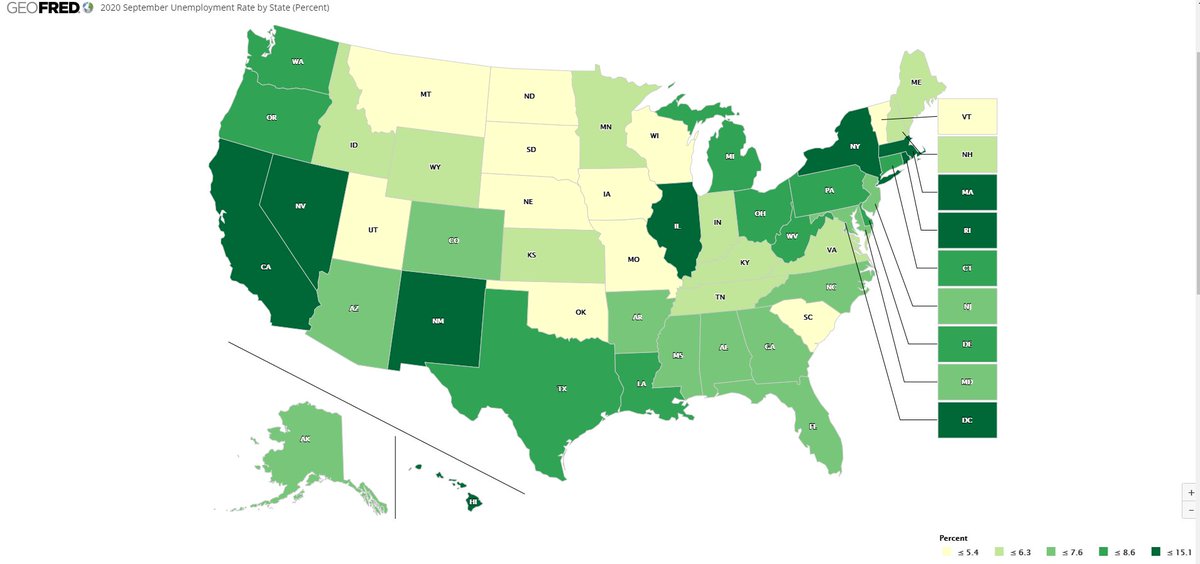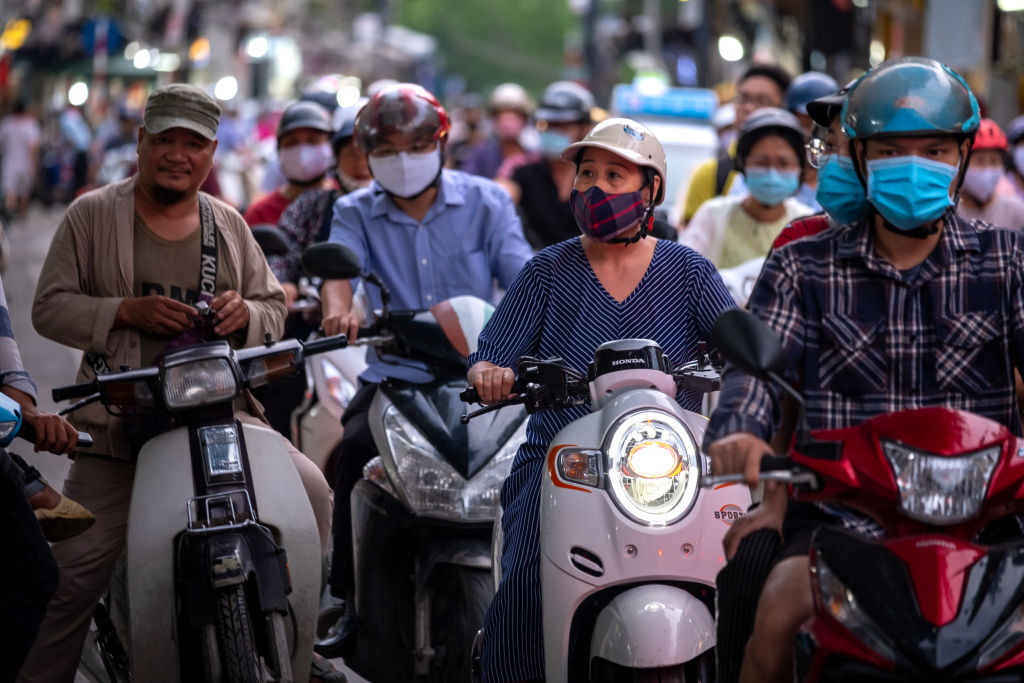
Defying expectations, California voters have approved Prop 22, which exempts gig companies from a law that requires them to classify workers as employees.
Instead, ride-hailing and food-delivery apps can keep their workers as independent contractors trib.al/EfSjuO1
Instead, ride-hailing and food-delivery apps can keep their workers as independent contractors trib.al/EfSjuO1
What does this mean for workers at Uber and Lyft, as well as grocery delivery services?
⬇️Fewer benefits
🚫Aren’t required to earn minimum wage trib.al/EfSjuO1
⬇️Fewer benefits
🚫Aren’t required to earn minimum wage trib.al/EfSjuO1

Strangely, this comes at a time when many states and cities are raising the minimum wage.
While it might be simply a function of a well-run corporate ad campaign, it might also reflect a general anxiety about the future of cities,” writes @Noahpinion trib.al/EfSjuO1
While it might be simply a function of a well-run corporate ad campaign, it might also reflect a general anxiety about the future of cities,” writes @Noahpinion trib.al/EfSjuO1

Gig services are now an essential part of modern urban economies.
And with those economies under threat, voters may be reluctant to jeopardize the fragile equilibrium. In the 1970s, many big U.S. cities lost population as workers fled to the suburbs trib.al/EfSjuO1
And with those economies under threat, voters may be reluctant to jeopardize the fragile equilibrium. In the 1970s, many big U.S. cities lost population as workers fled to the suburbs trib.al/EfSjuO1

The phrase “inner city” became synonymous with poor, neglected neighborhoods. But starting in the 1990s, the trend reversed. Big cities became meccas for educated workers in:
📱Technology
💳Finance
🧪Biotech
trib.al/EfSjuO1
📱Technology
💳Finance
🧪Biotech
trib.al/EfSjuO1

Coastal metropolises like San Francisco and New York City and Sun Belt hubs like Houston and Atlanta benefit from "clustering effects."
Interactions between large swaths of knowledge workers results in the spread of useful ideas from company to company trib.al/EfSjuO1
Interactions between large swaths of knowledge workers results in the spread of useful ideas from company to company trib.al/EfSjuO1

Thanks to clustering, it became difficult for workers to resist the pull of superstar cities. In due time these apps arose to cater to this new urban workforce:
🚗Uber
🚘Lyft
🛒Instacart
trib.al/EfSjuO1
🚗Uber
🚘Lyft
🛒Instacart
trib.al/EfSjuO1

Since U.S. cities have been famously unwilling to invest in trains, ride-hailing apps emerged as a workable substitute.
Now, upper middle-class workers can get around San Francisco or Seattle or San Diego quickly without breaking the bank trib.al/EfSjuO1
Now, upper middle-class workers can get around San Francisco or Seattle or San Diego quickly without breaking the bank trib.al/EfSjuO1

The superstar city boom may be ending. Concerted efforts by locals have hindered the development of new housing, driving up rents to near-intolerable levels.
Then Covid-19 struck. Workforces went remote, driving mass adoption of technologies like Zoom trib.al/EfSjuO1
Then Covid-19 struck. Workforces went remote, driving mass adoption of technologies like Zoom trib.al/EfSjuO1

The pandemic may spark a long-term shift, in which tech and finance companies require only a portion of their workforces to be on-site going forward.
Already, rents are falling fast in San Francisco and many other high-cost cities trib.al/EfSjuO1
Already, rents are falling fast in San Francisco and many other high-cost cities trib.al/EfSjuO1

If tech companies keep only a skeleton workforce in cities and send the rest out to cheaper locales, then it means places like San Francisco can no longer rely on inevitable economic forces to keep their tax bases growing trib.al/EfSjuO1 

And that means that canceling the gig economy would be a dangerous move.
The push for higher labor standards is popular and important, but if it ended up making Uber, Lyft and other gig services too pricey, it could make urban life less attractive trib.al/EfSjuO1
The push for higher labor standards is popular and important, but if it ended up making Uber, Lyft and other gig services too pricey, it could make urban life less attractive trib.al/EfSjuO1

• • •
Missing some Tweet in this thread? You can try to
force a refresh














